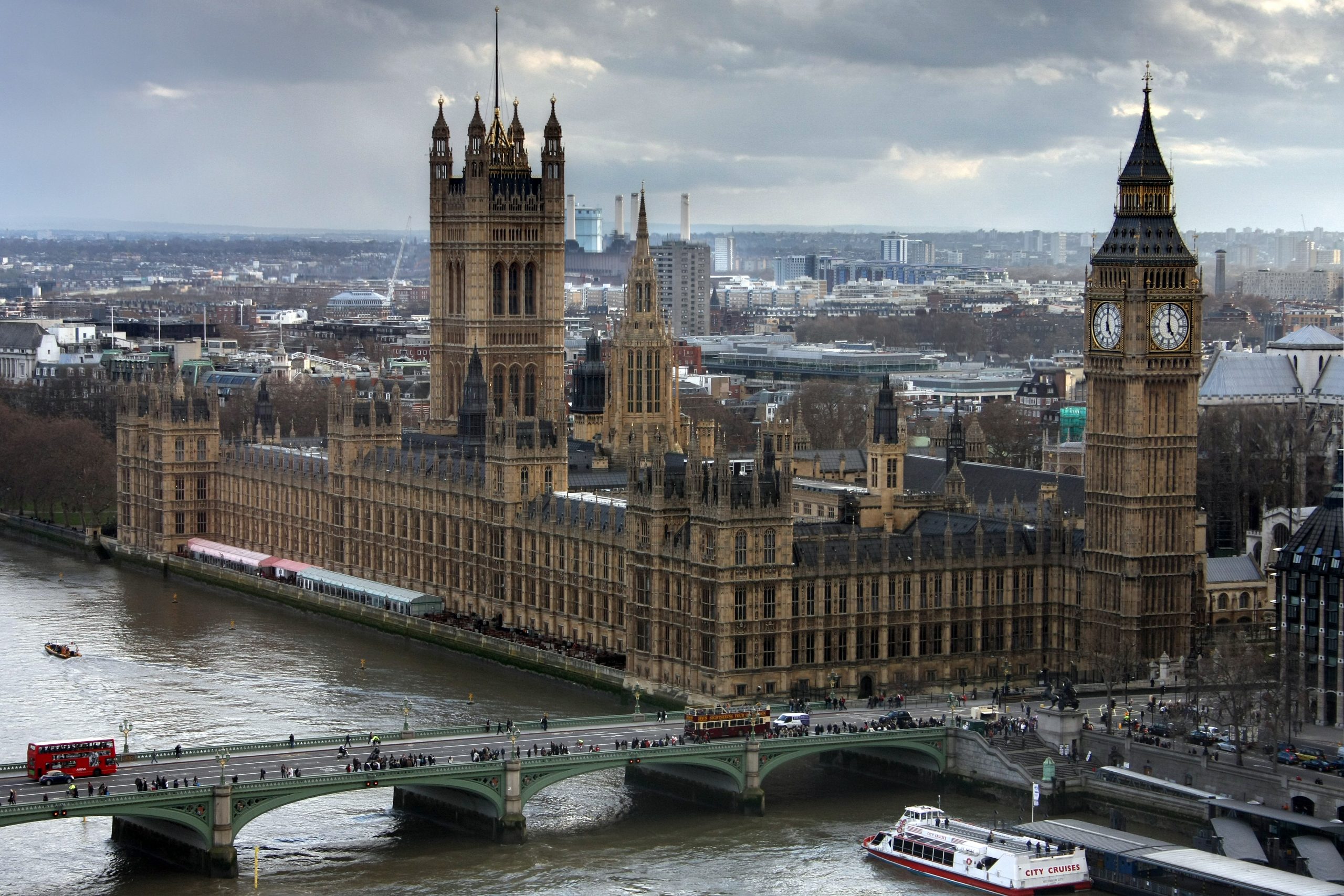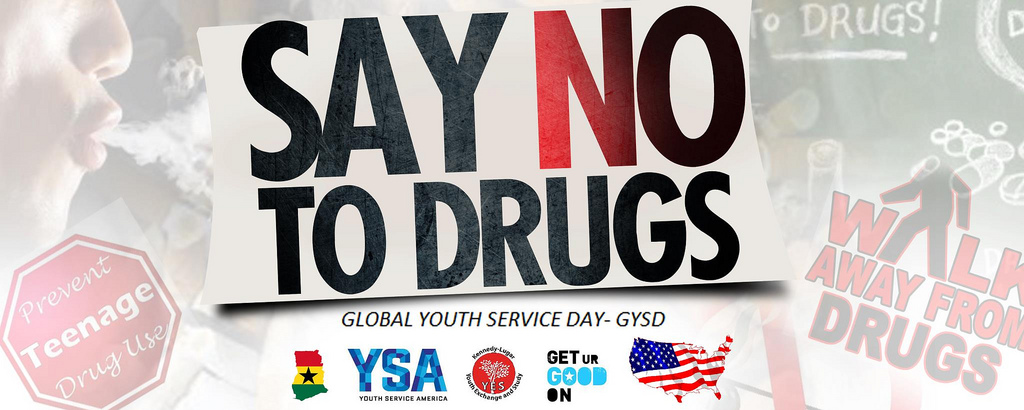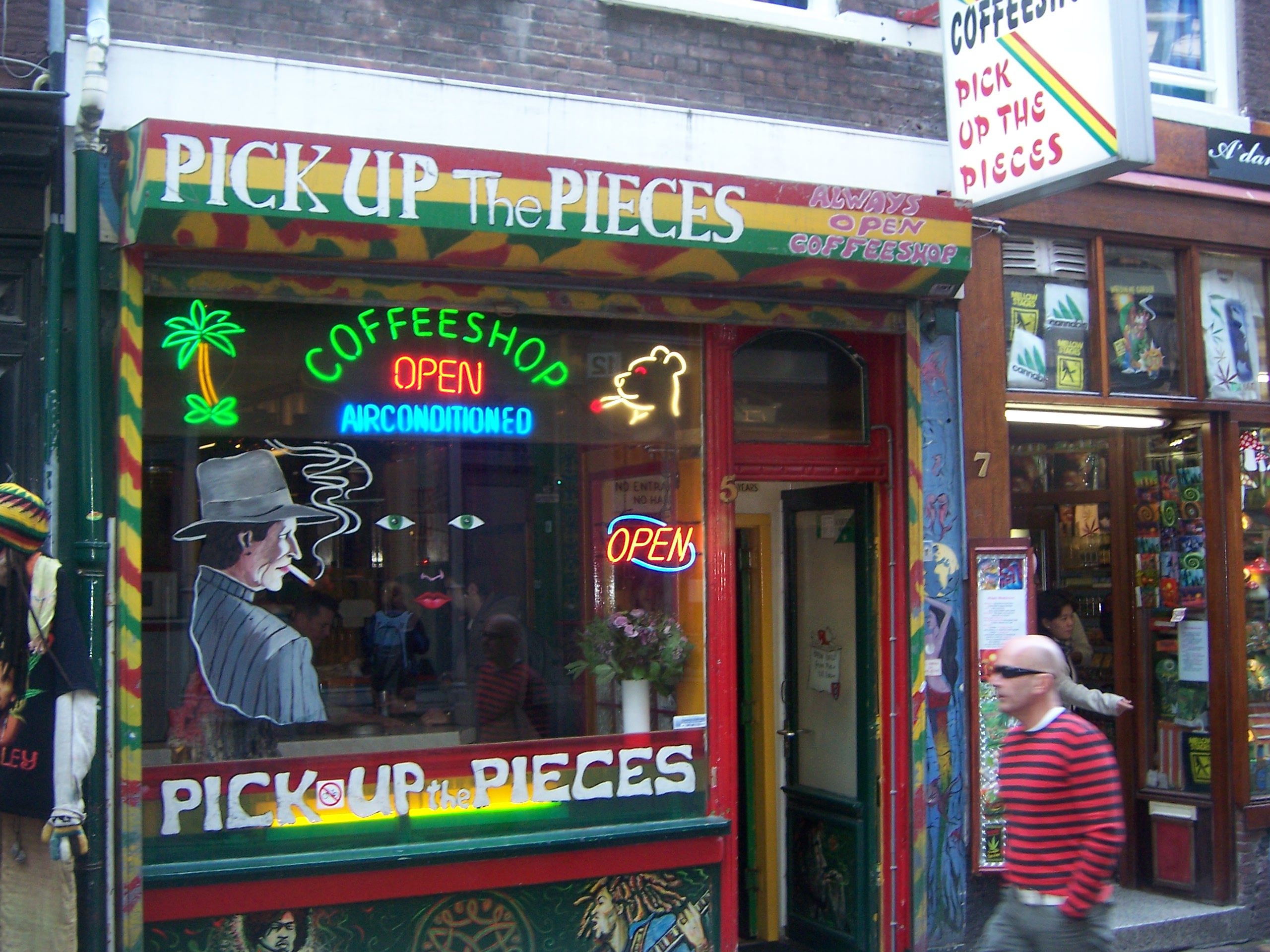With drug-related deaths at an all-time high and new drugs entering the black market all the time, drug education for young people is more important than ever.
This is especially true when you consider that around 1 in 5 (18%) of 16-24 year olds have taken illicit drugs in the last year, equivalent to 1.1 million young people. What’s more, 10% of 11-15 year olds have taken illicit drugs in the last year and 15% have tried drugs at least once in their life.
With this in mind, drug education is vital for keeping young people safe and allowing them to make fully informed choices about their lives. However, the current state of drug education in the UK is severely lacking, with children getting an average of just one hour per year for drugs and alcohol education, according to an Ofsted report and research by Mentor Adepis. 18% had not learned about drugs, alcohol and tobacco until aged 14 and 5% hadn’t been taught anything by the time they left school. Considering the figures regarding drug use in under 18s, the fact that that few people wait until they are 18 to begin drinking and 4/5 have tried alcohol by the time they are 15, this is most likely too late. Pupils also report the education to be irrelevant, repetitive and boring.
Drug education can in schools is delivered through a subject called Personal, Social, Health and Economic education (PSHE) that includes a basic requirement to teach children about drugs and alcohol. However, there is very little guidance as to what the exact content of this should be – there is no set provider or recommendation or specific messages that need to be included in the curriculum. The vagueness of the guidelines means that across the country the education delivered to children is inconsistent and without structure. This results in a postcode lottery, where kids are receiving better or worse education depending on their district and their particular school. So, whilst there are pockets of good practice, drug education nationally is in a pretty poor state.
In the aforementioned Ofsted report based on inspections of PSHE classes in 2012 and online survey data, 40% of the schools inspected had PSHE education that was inadequate or required improvement. The report highlighted the following:
“Most understood the dangers of substance misuse but not always in relation to personal safety, particularly with regard to alcohol. These deficiencies in learning result in part from inadequacies in subject-specific training and support for PSHE education teachers, particularly in the teaching of sensitive and controversial issues.”
However, whilst the quality of teaching suffered from lack of subject-specific training it was the outcomes that were the most worrying. It was noticed that outcomes were “often less robust for PSHE education than for other subjects”. The reported added:
“In too many schools, teachers did not check or build on pupils’ previous knowledge which resulted in them repeating topics, and they had lower expectations of the quality of pupils’ work in PSHE education than for the same pupils in other subjects.”
There was some praise for outside speakers, but also concerns as to whether their methods were evidence-based. If we look at outside speakers for drug education in particular, there are certainly disparities as to their approaches.
Some schools invite speakers from drug treatment services to engage with their pupils, which means that they can give accurate information, answer questions and engage them in debates like ‘What is problematic drug use?’. But these drug treatment workers are never able to access all the children or for any length of time that means their teaching will have any significant impact. Instead, for example, they might be given half of year 9 for a single lesson. And whilst some schools bring these treatment workers in, many are often reluctant to invite them in at all, because they would rather ignore the issue of drugs. Often treatment workers who are eager to give a lesson are met with “We don’t have a drug problem here.” This, combined with the fact that services themselves often have no requirement on their contract to give drug education classes, the prevalence of this kind of education is fairly low.
More often schools will invite the police in to talk about drugs or teachers will simply give their own take. The issue with both these options is that it often means those delivering the information do not have a great deal of knowledge on drugs themselves or on how to discuss them with young people. The police being involved with drug education also means that the focus is too much on criminality and not on any of the other important aspects of drugs to be aware of, such as health, dependency and acknowledging the simple honest truth that sometimes drugs are fun. It is often particularly lacking in proper information on addiction and in discussing issues like safe and healthy use, peer pressure and mental health. It often ends up more of a scaremongering session than an open and honest discussion about drugs.
And this is key to why drug education is so poor – scare tactics have time and again been shown not to work. It seems that all it does it put off further the kids who were already unlikely to take drugs anyway, but leaves the rest still wondering and it is often this mystery that young people find intriguing about recreational drugs. Those who don’t care about criminality or think they can get away with drug use are not going to be affected by messages purely based around legality and being told not to do it. And yet, this messaging seems to be the only tactic with widespread use. One treatment worker told Volteface that they had even seen Daily Mail articles being given to children in class as part of their “drug education”.
What often happens is that many teenagers who were given the message that ‘drugs are evil’ will still try drugs at some point. And if they are repeatedly given the message that cannabis, for example, is awful and will do nothing but land you in prison, they will end up being rather underwhelmed when the experience the reality. Once they try it and realise that the scare tactics are not the whole story, they will cease to believe anything the establishment says about drugs and disregard “official” drug education entirely. This can be dangerous as it leads them to get their information from other places that are out of our control.
There can be a strong comparison made here to sex education. Vast amounts of evidence show that abstinence-only education is far less effective than more comprehensive sex education in reducing teen pregnancy and rates of STIs. We have come on in leaps and bounds in terms of accepting that fact in this country, yet many still take the archaic view that the only way to prevent children from taking drugs problematically is just telling them not to do it. So, whilst it is perfectly natural to want to just tell kids not to do drugs, it doesn’t actually work and people have to decide for themselves that they want to do – in other words, the decision to abstain has to come internally. Telling people that if they take drugs they will die or go to jail is the sex education equivalent of just telling people not to have sex because if they do they will get an STI. It doesn’t eliminate the desire to have sex, just like telling people not to do drugs does not eliminate the desire.
This “just say no” attitude and lack of comprehensive education is partly a product of prohibition, whereby schools and other organisations feel that giving harm reduction information and advice equates to endorsing drug use, which of course it doesn’t. And yet, many parents are glad that this is the approach because they don’t want their kids to know about drugs. And yet, comprehensive drug education has the potential to significantly reduce harms associated with drug use in young people and we can strive towards this without a change in the legal status of drugs.
Contrast our failing system to drug education in the Netherlands, for example, where drugs are still illegal (even cannabis is technically illegal), but people talk about drugs in a more sensible way. In the Netherlands, they often show children videos from a YouTube channel called DrugsLab, which is part of a TV programme called ‘Spuiten en Slikken’ (Shot and Swallow). These videos even include people taking various illegal drugs on camera to show the effects and aftermath of taking them.
Parents in the Netherlands often offer to smoke joints with their teenagers who are curious about cannabis, which of course takes away the intrigue and excitement of it. This means that despite the obvious presence of cannabis and coffee shops, problematic cannabis use in young people is lower than it is in the UK. This is mirrored by a similar phenomenon, whereby children who grow up in families where they are allowed an alcoholic drink with dinner develop a healthier relationship with it and therefore experience fewer alcohol-related problems later in life, than children whose parents were strict. Those who were kept away from alcohol sometimes end up drinking excessively once they are free to do whatever they like.
Drug education organisations in the UK have found schools to be particularly resistant to harm reduction information. Ros Stone from drugand.me, a harm reduction website, says that they are able to conduct workshops at universities but would ideally like to get information to children at a younger age, considering that 90% of students had tried drugs including alcohol before arriving at university. However, it is very difficult to get this information into schools because, whilst PSHE teachers are often keen, heads of year and other people in the school leadership tend to override this. The school establishment don’t want to admit that kids in their school may be taking drugs and would rather bury their heads in the sand. They are, however, working with a few music networks to get drugsand.me information leaflets given out at underage club nights, festivals and events, and find that these organisations tend to be more receptive to the idea.
The attitude held by schools about drug education seems to be reflected in their other policies regarding drugs. A study in 2010 collected qualitative data from students (14-15 years old) and teachers about drug education at secondary school, as well as the school’s wider policies and practices relating to drugs. The results were summarised:
“A recurring theme was that students reported having received little or no drugs education; the majority could not remember having had any at their secondary school….young people wanted their school to provide them with more information. Teachers recognised that schools’ drugs policies were rarely implemented in practice and that drugs education was not a priority. Schools also appear to be adopting new strategies based on surveillance and targeting to control students’ drug use. In some cases referrals to a drugs counsellor were coercive and appeared to merely replace classroom-based drugs education.”
The study therefore highlighted the gap between drug policies and practice.
In addition to the attitude of schools towards drug education, what is the funding like? On national level, funding for schools has been slashed by the Conservative government in recent years and will continue to fall relative to inflation if the current trajectory continues. This affects all aspects of school life and will include PSHE. With regards to the school budget, it is hard to unpick the direct effects it will have on PSHE but with schools under pressure to get top grades, classes for which there is no GCSE may suffer. In other words, it depends on the whim of the school whether their pupils will receive drug information and if they want to do the absolute minimum about drugs – whether this is due to attitude or resources – they can.

The Conservative government has made cuts to education and treatment services (Source: Wikimedia Commons)
When it comes to treatment services, who are often keen to provide education, whether they can often depends on their local authority. Public Health England allocates budgets to treatment providers based on need in a given area and then charities like Addaction come forward and apply for the money. Each area has a totally different set of requirements, some of which include carrying out drug education in schools, but others have no requirement for education programmes at all – commissioning services don’t take it into consideration. On the whole, resources are generally allocated to treatment for those with complex substance misuse, which is vital work, but also means that education gets ignored. This is despite the fact that it is actually a good use to resources, due to its preventative nature.
The problem is that governments tend not to be overly keen on preventative work because the benefits will only be felt years later, so it’s hard to evidence, to justify and to judge how successful it is. What’s more, given a five-year term they usually want quick fixes to be able to show off their successes to the electorate. This is why commissioners focus so strongly on the number of people leaving treatment and a few other core data, none of which involve education. Not to mention that government cuts have really affected the sector, although it is hard to pinpoint exactly how much by because the information will be held by local authorities and would need to be collated across the country.
Drug education at university can be slightly better, as previously mentioned, but it is still minimal and students usually have to actively seek it out. For example, drugsand.me have been doing a number of workshops at universities, where students can learn critical thinking skills, and hopefully fighting the “anti-learning” culture in schools around drugs. However, resources mean that they cannot reach nearly enough students and many won’t even hear about the workshops.
Students for Sensible Drug Policy (SSDP) is a student-led grassroots organisation that started in the United States, which aims to build “an open platform for discussion of drug-related issues and to develop sensible drug policies”. They deliver evidence-based peer-peer education, provide harm reduction action in their communities, such as drug-testing kits, and work to reform both campus and global drug policy. However, whilst the grassroots nature of the organisation means that it seems to be actually providing what students want, it often means that a huge responsibility falls to a small number of individuals – for example, when the leader of the UCL branch graduated all the SSDP campaigns just stopped. Drug education and campaigns at university should therefore be far more institutionally run to avoid this.
The only public health campaign of any substance is Talk to FRANK, which is a website containing a range of drug information and an opportunity to get support through a live chat and signposting to various services. However, Frank has been the target of significant criticism regarding its content. It has been accused of presenting misleading information and of being a product of the classic “just say no” attitude that the government holds towards drug education.
It goes to show how unimportant politicians view drug education that there was no mention of drugs at all in the two main parties’ manifestos, let alone anything about proper education on them. The Liberal Democrats pledged to legalise cannabis, with education on cannabis alongside this – which is something at least! But generally, whenever drug education is mentioned it is never qualified the type of education and whether this includes harm reduction advice.
Essentially, the current state of drug education in the UK is not fair to the kids and doesn’t achieve what the government wants, which is prevention. It is therefore important to consider where young people who are taking drugs are getting their information from, considering they are getting next to nothing at school. It is also high time that we shook the whole system up and designed a drug education programme that is informative, evidence-based and can be delivered to school children on a national level.
Words by Abbie Llewelyn. Tweets @Abbiemunch



